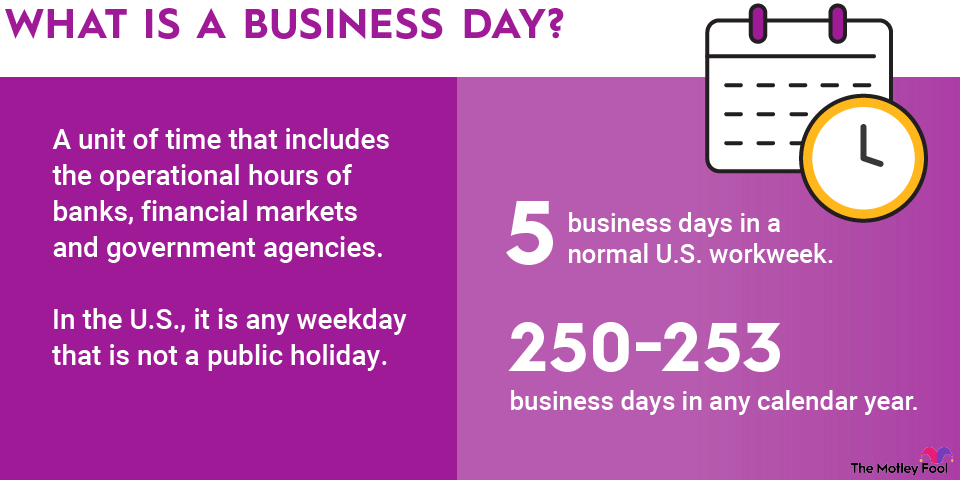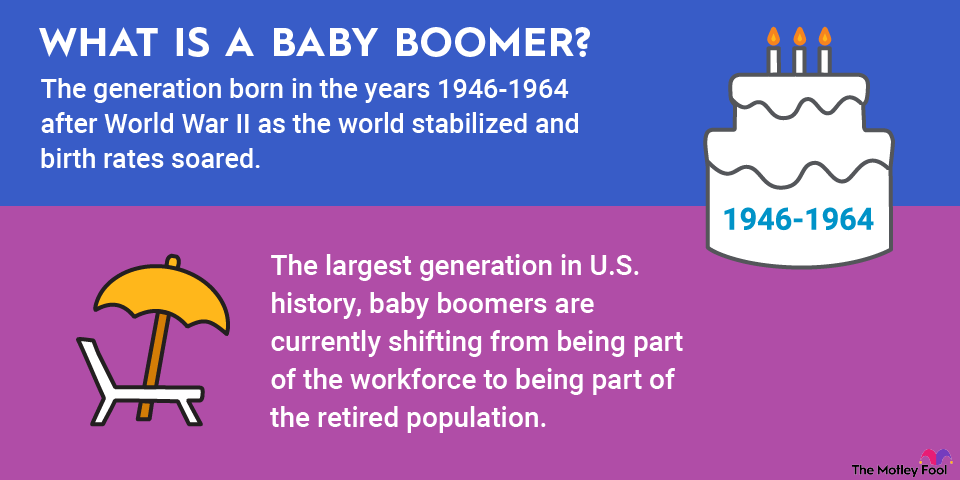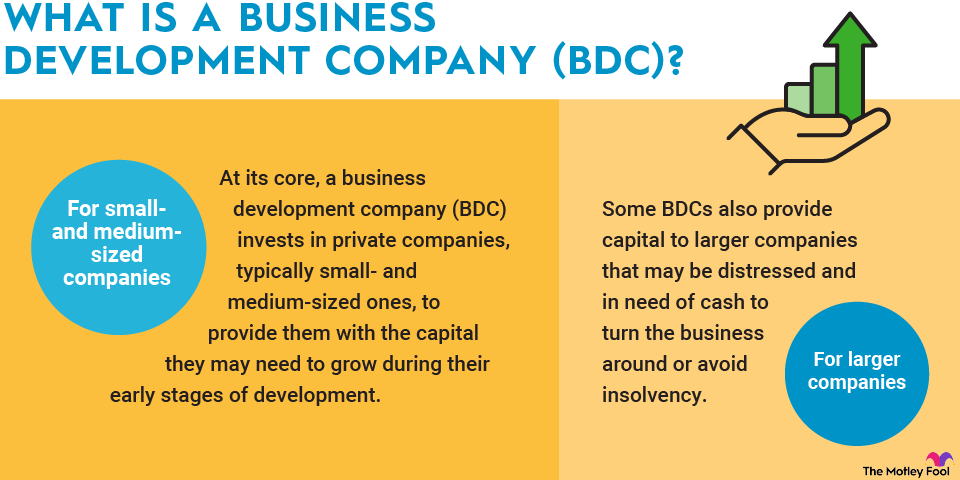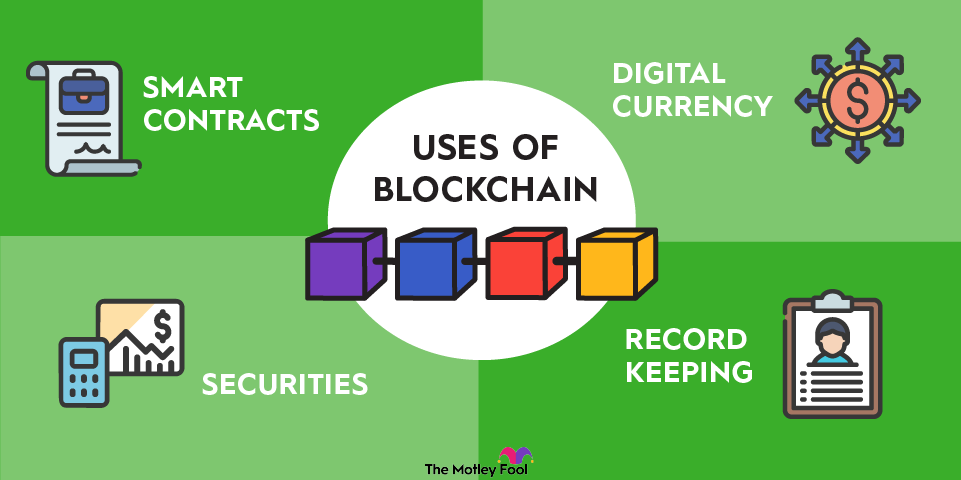There are a lot of different ways to make money in a business. How a business makes money and how the business is structured is typically referred to as a business model.
Business models tend to vary depending on the industry, and the most successful ones attract competition and imitators, which is why industries tend to coalesce around one or two business models.
Like most things in business, they evolve and change with time.

What is a business model?
While the definition of "business model" can vary depending on who's using the term, it generally refers to how a business brings in cash. It could refer to a number of different strategies, including advertising, subscriptions, marketplaces, or business-to-business (B2B).
Deciding on a business model is often one of the biggest decisions a start-up makes after deciding what they're selling and what their value proposition is. Choosing the right business model can make a difference between success and failure in business.
Why business models matter
As an investor, it's crucial that you understand the business models of the companies you invest in. Companies don't necessarily state their business model directly, but it's generally clear from the way the business operates. Understanding the business model will make it easier to evaluate a stock and see if it's the kind of company you want to invest in.
For instance, cloud software companies typically use a subscription model and invest heavily in their sales force to grow the customer base. These companies use this business model because they believe that their customers have a high lifetime value, meaning the amount of revenue they'll contribute to the business for as long as they remain a customer. Businesses and investors often compare lifetime value to customer acquisition costs (CAC). If a business's customers have a higher lifetime value than the customer acquisition costs, its profits should improve over time.
Another industry that tends to gravitate around a specific business model is social media with advertising. Rather than charge users to use the service, social media companies have made a business by charging advertisers to put their messages on their websites. For some companies, like Meta Platforms (META -2.82%), this has been a highly lucrative business model.
Beyond the business structure
A business model typically refers to the structure of the business -- how it makes money -- but it can go into more detail.
If you're an investor or even a prospective employee, you'll want to understand things about the cost structure and margin profile that some businesses make clear.
Evaluating the cost structure requires looking at line items like cost of goods sold, selling, general and administrative expenses, and others. Once again, when you look at these numbers, it's important to consider the business model of the company you're looking at.
For example, restaurants tend to operate with either a company-owned business model or a franchised business model. As an investor, you'll need to know the difference, as these two business models produce significantly different financial results. A franchise model will have lower revenue but higher margins because the restaurant brand has outsourced the work of running the restaurants to franchisees. Company-owned restaurant companies have higher revenue because they keep all of their sales rather than just taking a fee from franchisees.
Related investing topics
An example of a business model
One of the most successful business models is the subscription business model. It's employed in a wide variety of industries. One of the reasons it's so popular is because it creates a recurring revenue stream from the customer. The customer keeps paying for the service, whether or not they use it, until they cancel.
Subscriptions have long been popular in the media and entertainment industries. Newspapers are often sold through a monthly subscription, as are cable packages.
Netflix (NFLX -4.77%) built a thriving business in the streaming industry using a subscription model, and it's built its base of subscribers to more than 200 million people around the world. That business model has proved advantageous for Netflix as it creates a smooth revenue stream that it can use to spend billions of dollars on content to satisfy its members.
Recently, the company added an advertising tier, expanding its business model beyond subscriptions for the first time and showing how business models evolve with the times.
Netflix's experience shows not only how business models can change, but how they can benefit from using more than one business model, diversifying their revenue streams.



















